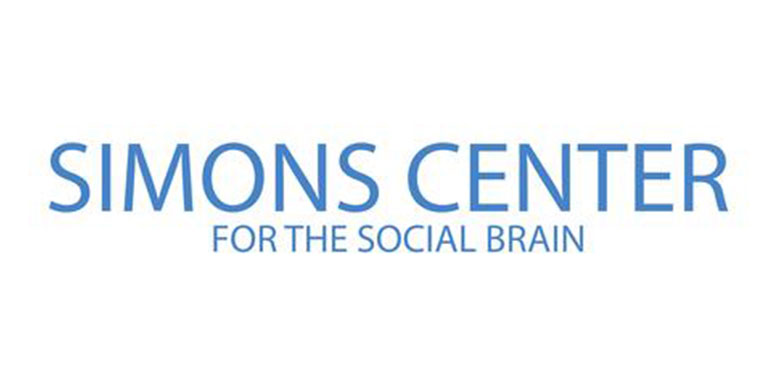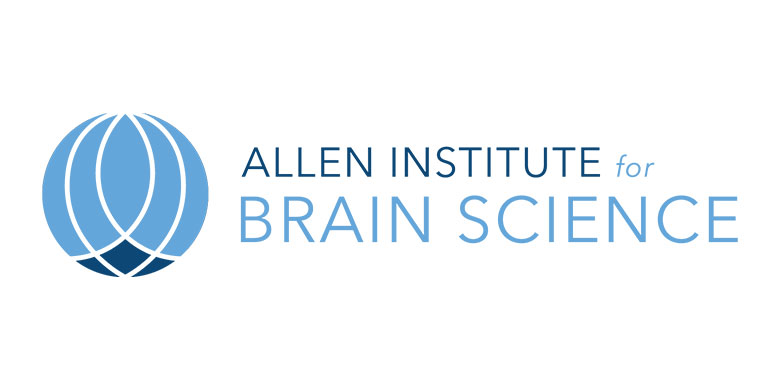National Institutes of Health (NIH), NIMH

National Institutes of Health (NIH), NIMH
Funded Project: Anatomical characterization of neuronal cell types of the mouse brain
Lead PI: Hongwei Dong
Grant details: 1U01MH114829 | Sep 20, 2017 – Jun 30, 2022



